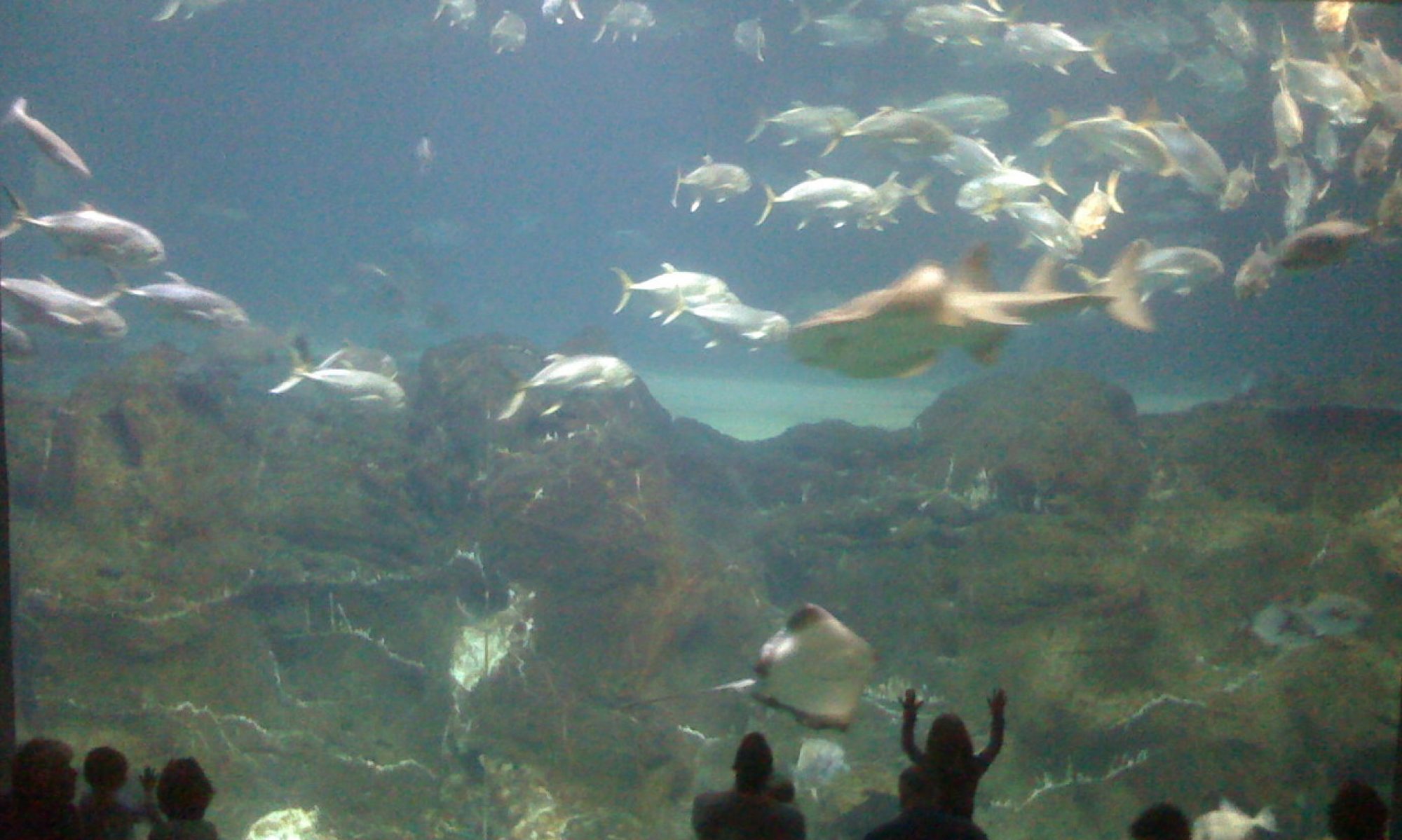A vast body of research chronicles the difficulties learners have developing deep conceptual understandings of science topics (and many other topics too). In a word, learning is hard. To facilitate learning, educational learning scientists devote considerable time and effort developing theoretical and practical components of curriculum design and pedagogical practice. My teaching is grounded in socio-cultural constructivism and experiential learning theory that I enact by combining learner-centered, hands-on, inquiry- and problem-based pedagogical approaches.
Driven by a belief that environmental education is essential to the well-being of individuals, societies, and the planet, I leverage research, teaching experience (mine and that of others), and human compassion as inspiration for my own teaching and the way I teach others to teach. Through my doctoral training and my continuing scholarship, I have spent the past 17 years researching the design and implementation of environmental science-focused curricula. The outcomes of my scholarship, and that of others in educational research, feed directly into my teaching philosophy, curriculum design, and pedagogy. In addition, I have nearly 30 years of teaching experience in a variety of contexts including higher education, outdoor settings, museums and aquariums, and professional development contexts. Consequently, my teaching philosophy is both rooted in my own experience teaching in diverse settings and informed by scholarly, theoretical, and research-based pedagogical and curriculum design best practices.
My first teaching position, as an outdoor environmental educator for the Massachusetts Audubon Society over 25 years ago, began a decades-long inquiry into best practices for teaching and curriculum design, a commitment that continues today. My courses/curriculum designs are infused with inquiry-driven, constructivist, collaborative, and experiential techniques and involve or occur in authentic teaching and learning settings such as environmental education programs, school classrooms, nature walks, and museum spaces. This form of instruction is quite different from what most learners have experienced before entering my classes and, as a consequence, many find it quite challenging and even uncomfortable. Yet, years later, many former students have approached me to describe how formative my classes were to their thinking and to express their deep appreciation for my ability to put teaching and learning theories into practice in my own classes.
Recognizing that Divisional Committee Work (hereafter “advising”) at Hampshire is a form of, and deeply connected to, teaching, I will briefly describe how my approach to advising is a direct result of my teaching philosophy. Knowing that creating new knowledge is firstly about drawing upon what others (e.g., scholars, practitioners) know about a topic, I help students find resources not answers. Knowing that deep inquiry involves questioning what is known about the world, during advising I guide students to question their own assumptions by posing additional questions and challenging students to tell me what evidence they have or what scholars have to say about ideas under discussion. Recognizing the we learn best when collaborating with others, I help students find ways to work together (e.g., peer-reviewing, peer-mentoring, working side-by-side) even if their interests are divergent. In so many ways, my teaching philosophy is my advising philosophy as well.

